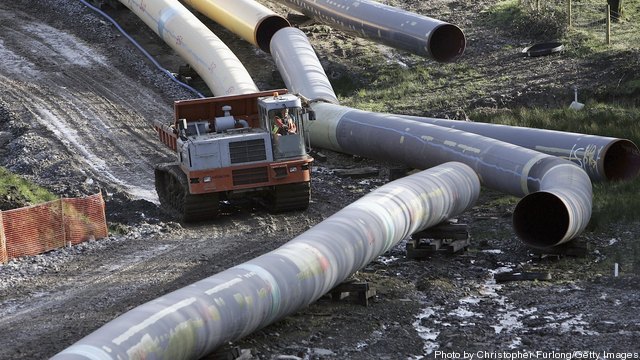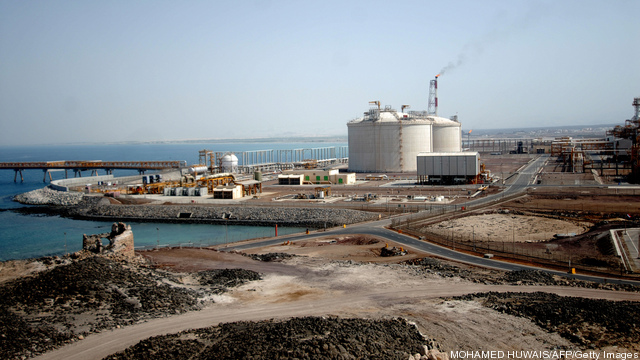
Global natural gas demand is expected to steadily increase in the coming decades as developing economies continue growing and the West uses more of the fuel. Established energy trade patterns are also expected to shift eastward to emerging market demand centers as more gas is produced in the western hemisphere. Business activity at one of the world’s major engineering firms appears to be evolving in step with these emerging energy market trends.
“The best way to get $8 [natural] gas is to act like it’s going to be $3,” Dean Oskvig, President and CEO of Black & Veatch’s energy business recently told Breaking Energy. Increasing US unconventional gas reserves and output, which have kept US prices below historical norms, could in spur consumption and shift supply/demand fundamentals so that prices rapidly increase. The threat remains unrealized for now, with natural gas prices still near historic lows. Keep reading →





 Steams rises from the Kawasaki natural gas power station in Kawasaki city, Kanagawa prefecture, south of Tokyo on August 25, 2011.
Steams rises from the Kawasaki natural gas power station in Kawasaki city, Kanagawa prefecture, south of Tokyo on August 25, 2011. Coal that’s being
Coal that’s being 


